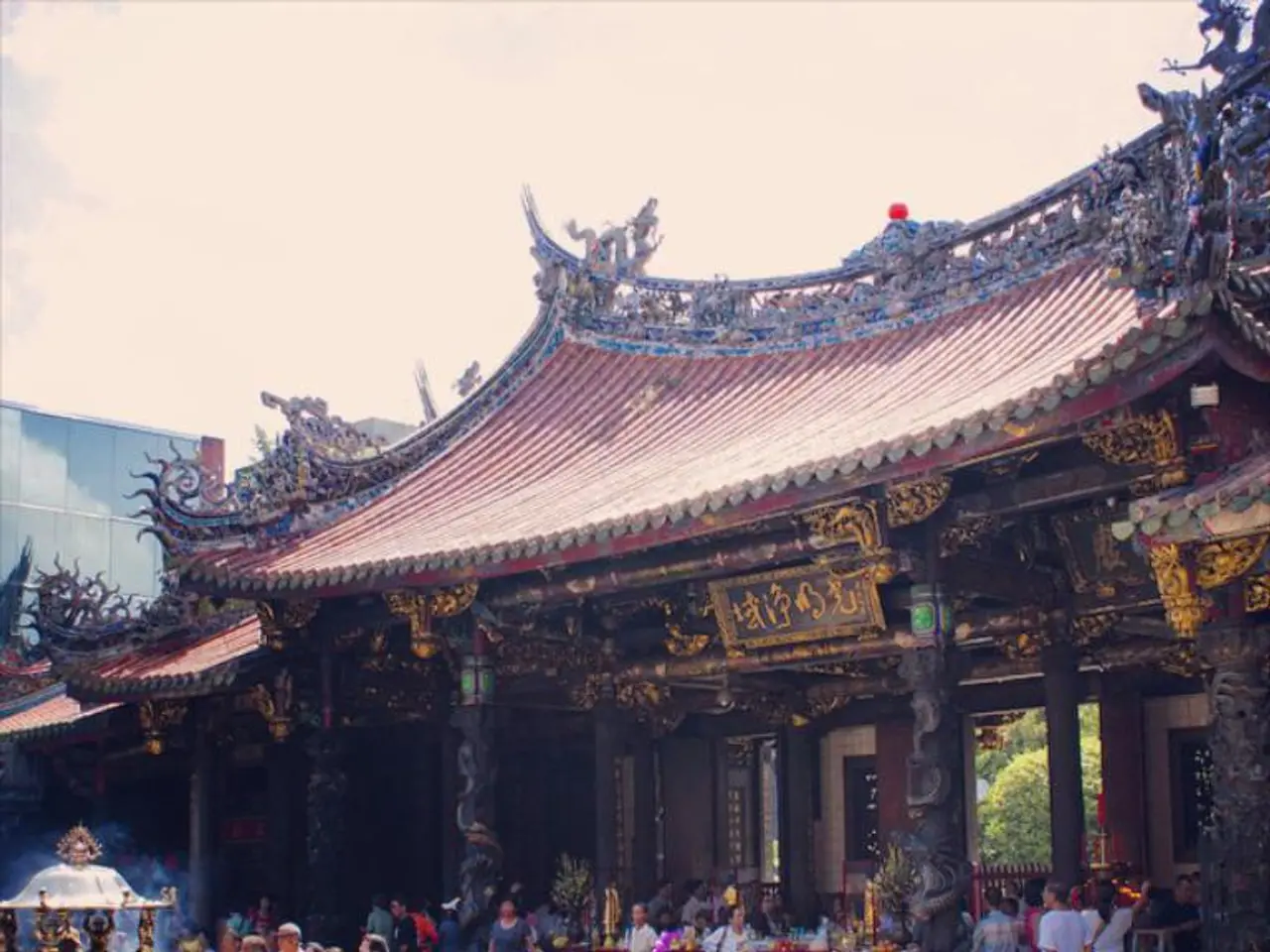Behind-the-scenes look at MUJI for Gaia Series 98
MUJI, the Japanese retail giant, is making waves in Japan and beyond with its unique approach to retail, sustainability, and social responsibility. The company's philosophy of "no-brand quality goods" emphasizes simplicity, functionality, and affordability, resonating deeply with Japan's cultural values such as wabi-sabi and mottainai.
Sustainable Practices
MUJI's commitment to sustainability is evident in its lean supply chain management, environmental focus, and continuous product iteration. Regional sourcing hubs in Europe and Asia reduce lead times and emissions, while direct-to-store shipping cuts down unnecessary logistics steps. The company also focuses on packaging reduction, optimized freight routes, and ethical audits to minimize its environmental footprint.
Supporting Local Communities
MUJI supports local communities by cultivating regional suppliers and offering employment through its stores and supply chain partnerships. This approach fosters economic support beyond major urban centers, reflecting MUJI's customer-first approach that ensures products meet actual needs and reduce consumer excess.
Transforming Public Housing Estates
In Japan's ageing public housing estates, MUJI is working on transformative efforts. For instance, Chiba's Hanamigawa estate has been revitalized with clean, functional interiors and open plans. MUJI has partnered with the Urban Renaissance Agency to renovate nearly 1,400 units across 78 estates since 2012.
Innovative Projects
MUJI is also involved in various innovative projects. In agriculture, the company is partnering with farmers in Kamogawa, Chiba Prefecture, to grow a fragrant rice blend called Princess Sally. In Indonesia, MUJI is pioneering the use of kapok, a natural and eco-friendly fiber, for clothing production.
However, these projects face challenges. For example, the short length and tendency to float during processing make kapok fibers difficult to work with. Similarly, the 2024 rice crisis caused uncertainty for the Princess Sally project, with some farmers hesitating to continue due to market price fluctuations.
Despite these challenges, MUJI's various initiatives, including its flagship store and redesigned homes for seniors, continue to make simple ideas into meaningful impact. The world's largest MUJI store, located in Kashihara, Nara Prefecture, attracted over 20,000 visitors on its opening day.
A Model for Sustainable Consumption
Overall, MUJI impacts modern Japan by bridging traditional cultural values with contemporary sustainability trends. By encouraging communities to value quality and purpose in consumption rather than quantity and excess, MUJI is fostering a sustainable consumer culture and supporting local economies. This model is not only relevant in Japan but can serve as an example for other communities striving for a more sustainable future.
MUJI's interpretation of sustainability extends to their food-and-drink offerings, focusing on regionally-sourced, simple, and functional products that align with their philosophy. (Sustainable Practices) The company's home-and-garden range, such as the revitalization of ageing public housing estates, reflects their commitment to supporting local communities and fostering a lifestyle that values quality over excess. (Transforming Public Housing Estates)




